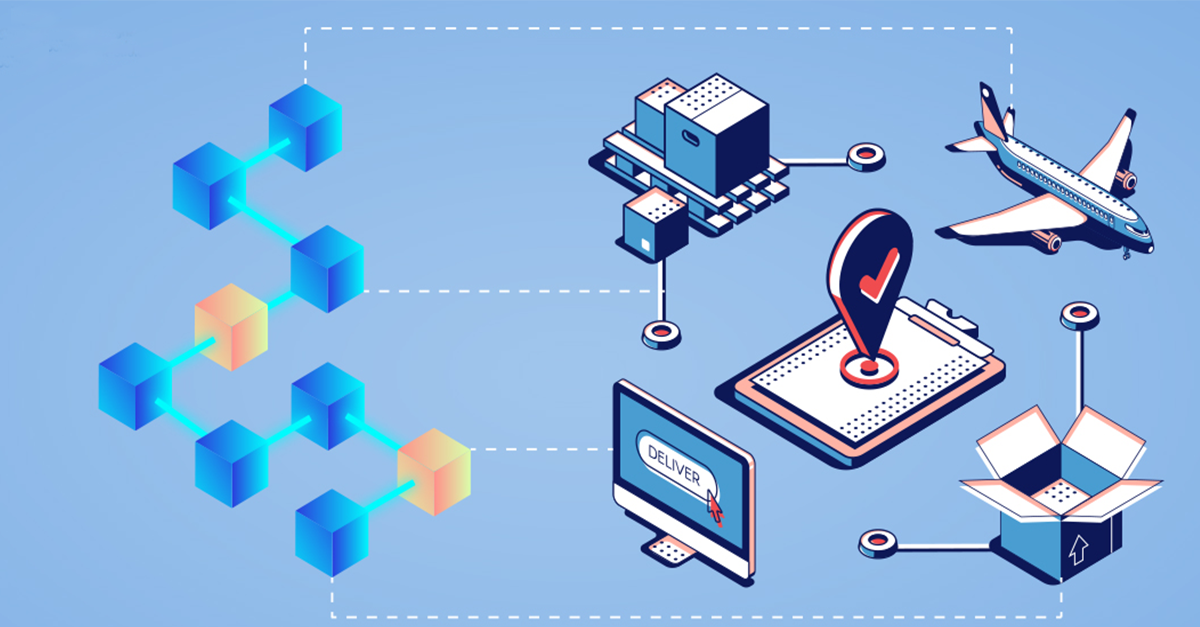Block Chain and Its Integration with Supply Chain
July 11, 2022
Block Chain and Its Integration with Supply Chain

Blockchain is the result of the quest for decentralization of applications and operations. As the word suggests, it is a distributed digital ledger spread across a series of blocks containing information. It does not depend on any single entity, but a network which gets updated every time a new transaction is done. The ledger has a secure way of working with each new block of transactions linking back to previous blocks.
Supply chain, which spans over multiple stages, locations, involving several entities and extend over months of time, has a prevalent complexity and lack of transparency.
It is interesting to know how Blockchain might transform and disrupt the supply chain management system in many ways.
Some of the IT Giants have coupled up with the Shipping and Freight forwarding companies and have started building a Blockchain network to share documents and grant permission transparently and quickly. They have started to bring more companies onboard so that an end to end supply chain can be integrated in the Blockchain, with every stakeholder on the network. Transactions have already started taking place through this network.
But with every new technology, comes along its set of challenges too. Blockchain technology totally disrupts the existing technology. So, companies would face some challenges to adopt it.
Blockchain will soon become a commonly used technology as efforts are already being made to bring all the stakeholders to a common platform. As and when companies start adopting it, new avenues will open to a more coherent cross-organization setup, resulting in mutual benefit.